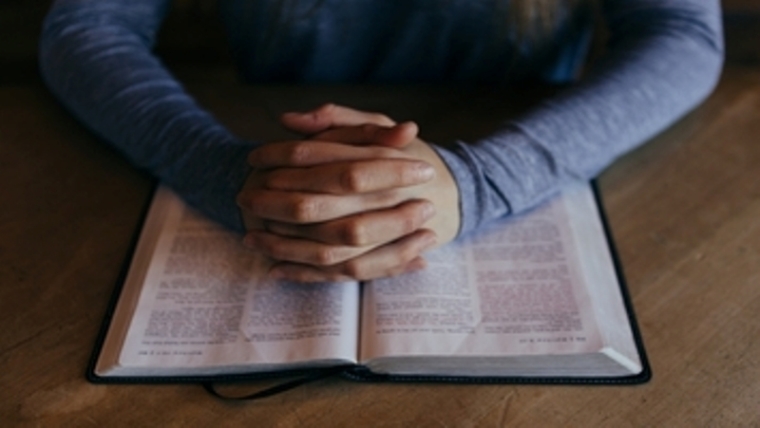
Have you ever paused a movie to consider what you just watched? Probably not. It doesn’t make any sense. Why would you pause a movie?
Daily life and entertainment have slowly eroded the opportunity for us to think. As time feels more constrained, we are more prone to find convenient ways of consuming knowledge.
We realise, on some level, that knowledge is still valuable, that we have a desire to know. Yet, as we wrestle with competing mediums (podcasts, news, radio, movies, documentaries, and audiobooks), we find ourselves drawn to those mediums which are most cost-effective.
My question is: are we robbing ourselves of joy by simply choosing not to read?
Maximising utility
Consider audiobooks or podcasts (I love podcasts, not hating on podcasts here but…). Audiobooks and podcasts are designed to give us an uninterrupted, equal-paced feed of information.
They’re incredibly valuable for predicting when we’ll finish and working around our lives.
Yet, books don’t provide any of this. Unless you know your reading speed and keep this speed consistently (our e-readers try to tell us this by giving us an estimation), when you pick up a book you have no idea when you’ll finish it.
We might stumble over words, re-read passages, or get distracted by something else entirely. The utility (the use and value we get from it) of reading a book doesn’t bode well with time. We might find ourselves consumed by a book longer than we plan, and find it takes up more time than is convenient.
But what if reading a book wasn’t about time-efficiency in an age of making everything as quick as possible? Writing on this in his book, The Pleasures of Reading in an Age of Distraction (apt title), Alan Jacobs notes,
““Some forms of intellectual labor are worth the trouble. In these times when Whim isn’t quite enough, times that will come to us all, we discover this. Such work strengthens our minds, makes us more capable of concentration, teaches us patience – and almost certainly a touch of humility as well… But what we have more need for, in our whirling mental worlds, than strength and concentration and patience and humility? These are virtues worth aspiring to, especially because they lead to new and greater delights.” (p. 50)
Jacobs reminds us that reading (amongst other valuable activities) teaches us virtues far more valuable than being time-efficient. In a time where emails expect an instant response, it's taboo to leave someone on Seen, and people expect you to answer your phone, our need for these virtues could not be more pertinent.
To delight
Consider Scripture, both available in audiobook form, on our phones, and in a physical book. As we consider how untimely it can feel to read, what do we make of the psalmist who says in Psalm chapter 1, verse 2, “but his delight is in the law of the LORD, and on His law he meditates day and night”.
Writing in 1999, before Netflix, Facebook, Instagram (insert time-consuming distraction here), John Piper noted the following when speaking about why we struggle with meditation and reading Scripture:
“We struggle with Bible reading and memory and meditation because we don't find pleasure in it. We have other things we want to get to more. TV or breakfast or work or newspaper or computer. Our hearts incline to other things and do not incline to the Word. And so it is not a delight.”
In an age filled with distractions (some worthy, others not) competing for our time, affections, and energy, we have no shortage of ways to not only be entertained, but also to delight.
What would it take for us to delight not only in Scripture, but to read Scripture slowly enough to meditate, to ponder, and to commit those verses to our minds? In a time when these hold little value, may we not discard the joy and delight of not only reading Scripture, but reading it slowly.

Hailing from North Auckland, Blake Gardiner sounds American, looks Swedish, but grew up in Laos. As an introvert, Blake lives life on the edge by socialising. When he isn’t putting his life at such risk, he enjoys reading theology and debating whether Interstellar is truly the greatest movie of all time. Blake is married to fellow young writer Jessica Gardiner.